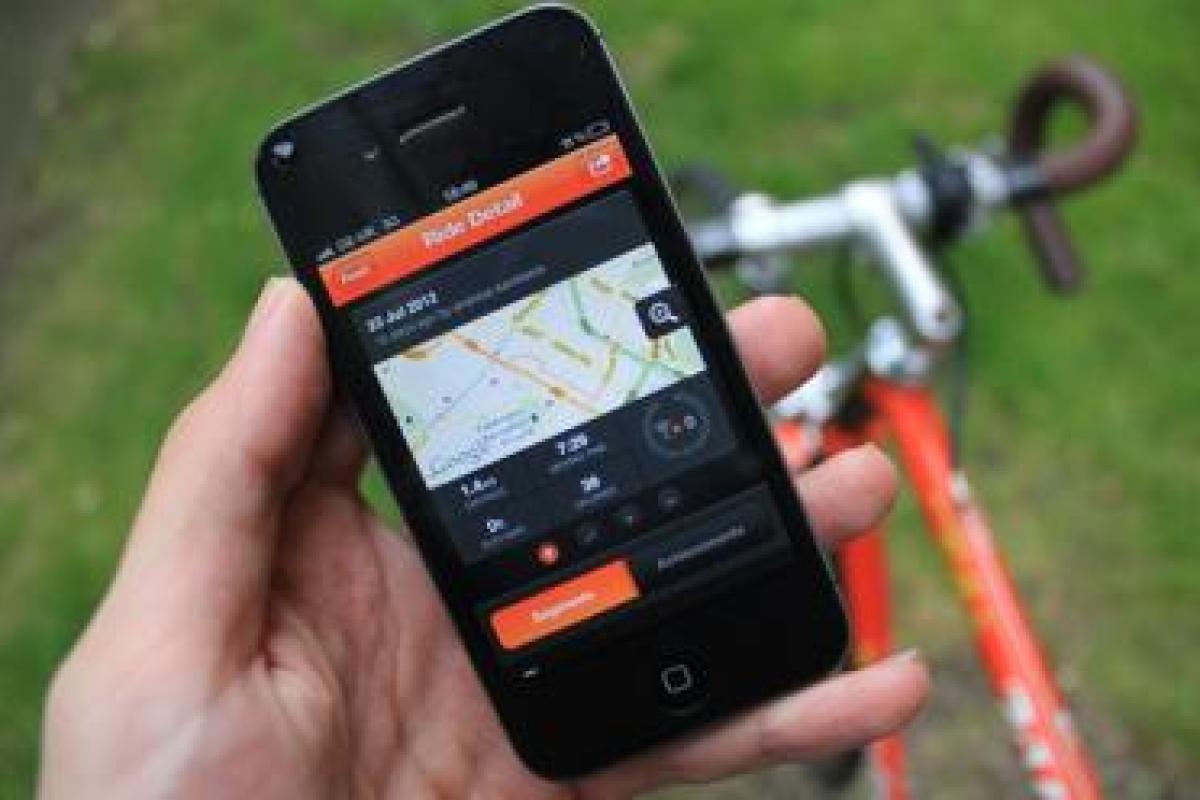Earlier this year I spoke at the conference organised by the IPM where I was asked to give a view of how mobile marketing will change in the future. Surprisingly in five years and over 240 presentations, this was the first time anybody asked me to present a view of the future of mobile marketing rather than how it is currently being used. I decided that not being a futurologist or a technologist I would give and entirely personal view based around the apps that I use most frequently on my mobile phone.
One of the apps was Strava: an app that maps your running and cycling activity and allows you to compare your performance with others. I speculated that somehow in the future these health-related apps like Strava would be connected to health insurance companies and policies, allowing those of us who live a healthier life to get lower premiums. Little did I know that this activity was already going on. A report in the Guardian this week shows that data from health apps is already being shared with insurance companies for the purpose of targeting potential customers with advertising.
If this relationship already exists it's not a big step to imagine that the data could be used more actively in setting premium rates. In fact it's not a big step to imagine that the data could be used to reward customers for certain behaviour and discourage them from other types of behaviour. Already my health insurer Aviva encourages me to use my local gym through discounted membership and premiums. At the time of presenting I also considered a less than benign use of this data where health insurers would insist upon being able to track certain types of behaviour and would nullify our insurance if we failed to stay fit or eat the right foods or get enough sleep.
All of this points towards a future where data held on us and in many cases supplied voluntarily by us, can be used in a much more proactive way by companies. For me the contextual use of data is one of the big advantages of mobile marketing. Mobile allows us to deal with each customer based upon who they are, where they are, when they are and what they are doing. For instance my Strava cycling app could recognise where I am going and potentially direct me to a particular cafe stop or reward me at the end of my ride for a particularly long or hard workout or send me targeted messages from partners with cycling related products and activities.
I think many of us would be prepared to share this kind of data for that kind of reward. What worries us is when the data is being collected, used and passed on to others without our knowledge and without our explicit agreement. The key therefore to using the data is going to be for brands to stick to three simple principles placed around transparency, notice and choice. We need to make it clear when we are collecting data (notice), which data we are collecting and what we would like to do with it (transparency) and give the consumer and explicit choice about whether they are happy for us to do that. At the heart of successful use of big data therefore is value exchange: we are prepared to share our data in exchange for something of value in return.
I just don't want the data showing how unfit I am shared with everyone.
Read more from Paul Berney
